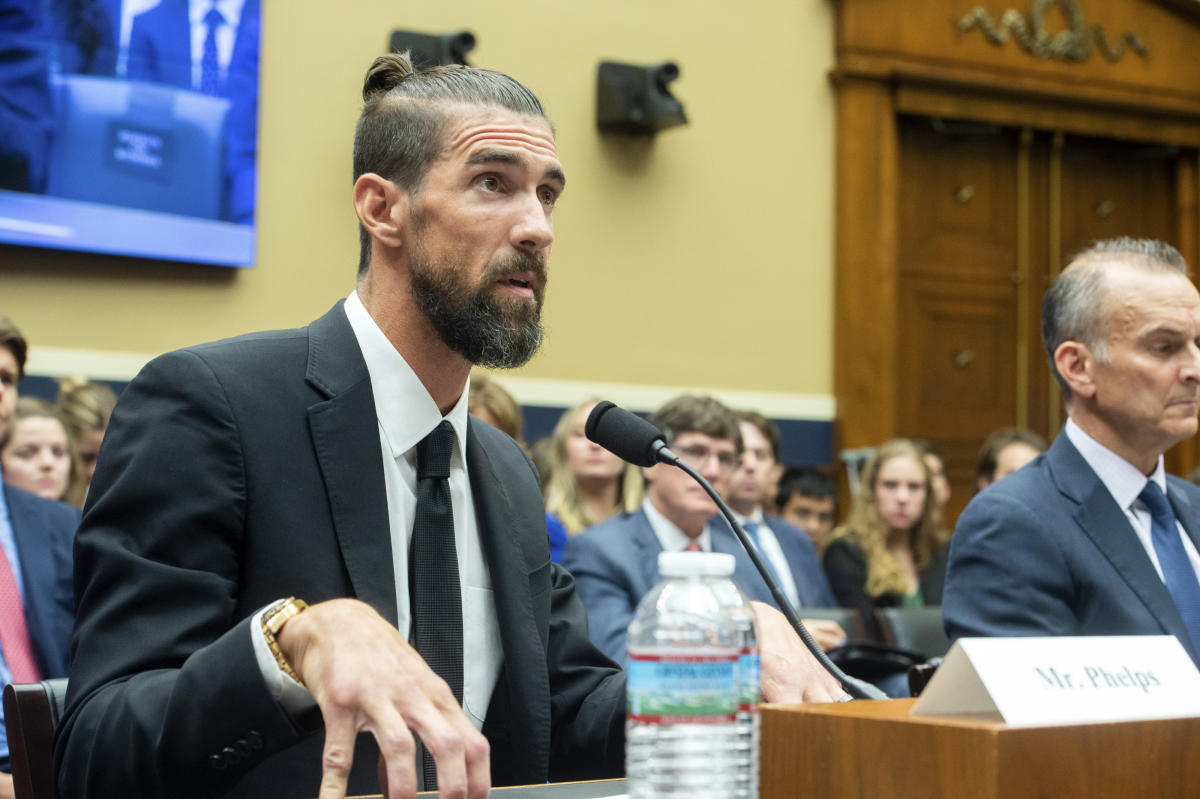
Michael Phelps and Allison Schmitt, two decorated Olympic swimmers, testified before the U.S. House of Representatives on June 25, 2024, expressing their concerns about doping issues threatening the integrity of the Olympics. The swimmers' testimony came in response to revelations that 23 Chinese swimmers had tested positive for a banned substance before the Tokyo Olympics but were not punished.
Phelps and Schmitt emphasized that WADA, the World Anti-Doping Agency, must take stronger action against doping to maintain public trust in the Olympic Games. They also criticized WADA's handling of the Chinese doping cases and its failure to hold accountable athletes who violate anti-doping rules.
The swimmers shared their personal experiences with regular drug testing, which they described as necessary for ensuring a fair and clean sport. They emphasized that all athletes should be subjected to the same rigorous testing standards to maintain a level playing field.
Travis Tygart, head of the US Anti-Doping Agency, also testified at the hearing and called for reforms in the international system meant to catch cheaters. He accused WADA of violating international sports rules by not disclosing positive test results even if they were accidental.
The swimmers' testimony follows a series of doping scandals involving Chinese athletes, including the 2021 Tokyo Olympics and the 2022 Beijing Winter Olympics. The ongoing issue has raised concerns about WADA's ability to enforce anti-doping rules effectively and fairly.
The House Energy and Commerce Committee's Oversight and Investigations Subcommittee held the hearing to discuss anti-doping measures ahead of the Paris Summer Olympics, which are set to begin in July 2024. The committee is considering withholding some of the $3.7 million that the U.S. pays to help fund WADA until it releases information on Chinese doping cases.



